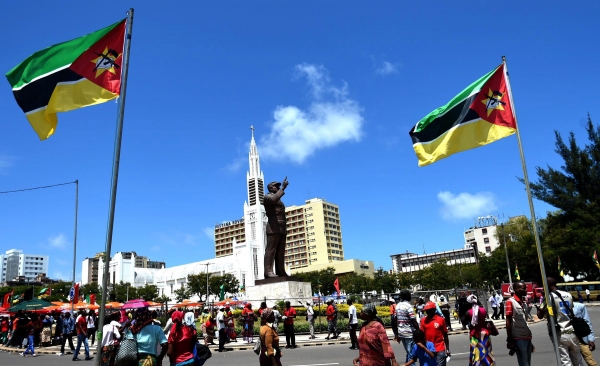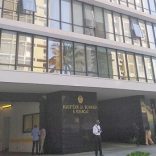Mozambique: Rate cut decision driven by single-digit inflation outlook, FX stability – central ...
BMI consultancy lowers Mozambique’s growth forecast to 3%

Lusa (File photo) / A view of Maputo
Business Monitor International (BMI) yesterday said that that Mozambique’s economy could grow 3 percent this year, up from the 2 percent it posited last year, but below the average of 6.5 percent between 2010 and 2016.
“The initial phase of developments in the natural gas industry and a more flexible exchange rate will be the main drivers of the economic expansion over the next two years, which will be very challenging,” analysts commented in a note sent to the financial news agency Bloomberg.
In the note, the Fitch group economic analysis unit also anticipates 3.5 percent growth in 2018 and sees delays in the development of infrastructure as likely “because of the financial default in January”.
The forecast 3 percent growth this year represents a decline from estimates at the beginning of last month, when BMI anticipated a 4 percent expansion in the Gross Domestic Product (GDP), already a downward revision against its previous 5 percent forecast.
The Mozambican executive expects growth to accelerate from 3.9 percent in 2016 to 5.5 percent this year, similar to forecasts by Mozambique’s central bank and that of the Analysis and Policy Division of the UN Department of Economic and Social Affairs in a report published earlier this year.
The BMI forecasts come in the context of evolving relations with the International Monetary Fund and the attempted resumption of negotiations with public debt creditors.
In a meeting with journalists last week, Prime Minister Carlos Agostinho do Rosário said that normalizing relations with lenders and the IMF remains at the top of the executive’s priority, stressing that “the main challenge in negotiations with the IMF is to ensure a balance between the reforms we have to make to consolidate public policies on the one hand, but we also want to ensure that we do not affect the resources allocated to the government’s Five Year Program”.
In a meeting with the journalists in Maputo, Agostinho do Rosário added: “We will have to implement reforms at the level of the public sector and in public companies, in a way that effectively gives us space so that we have resources for the most disadvantaged areas, namely education, health and social protection.”
On public debt, Agostinho do Rosário said he wanted to fulfill commitments. “We want to honour the commitments that we have made with our creditors, but in a balanced way. Honouring commitments, yes, but also, on the other hand, leaving space for us to have resources to fund the government’s Five-Year Program.”













Leave a Reply
Be the First to Comment!
You must be logged in to post a comment.
You must be logged in to post a comment.